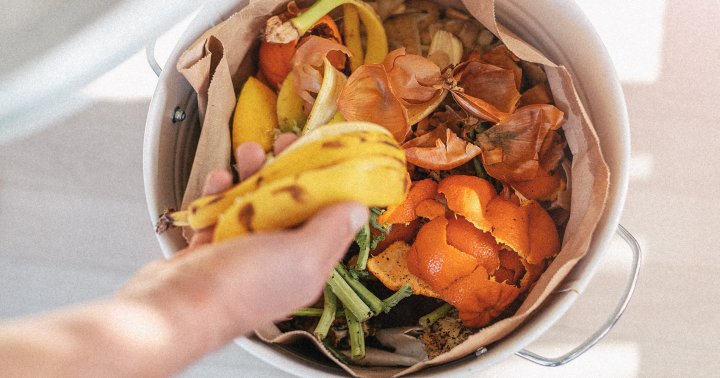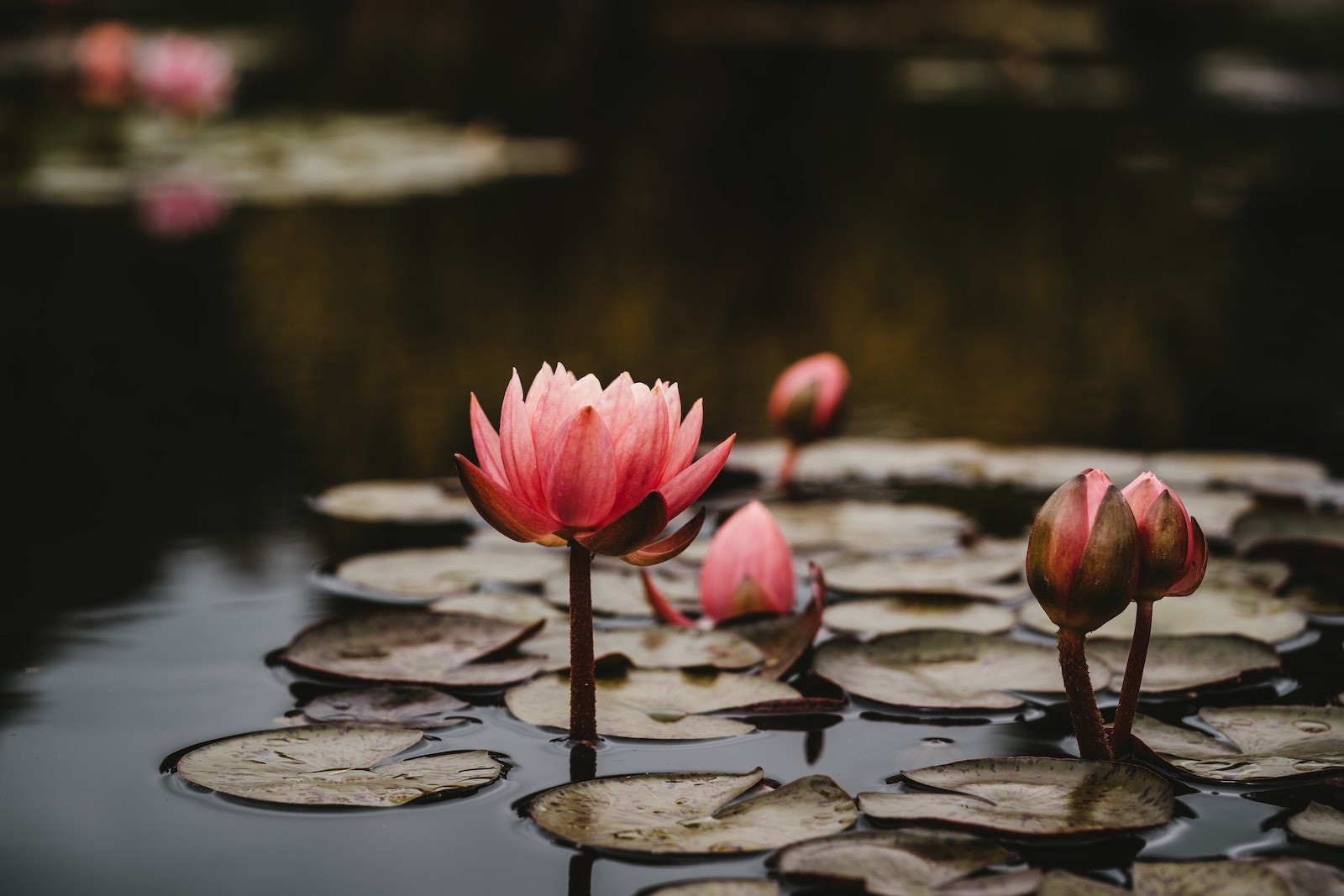Composting Is Shockingly Doable With This Simple At-Home Method
No thermometers or fancy gadgets required.


February 26, 2022 — 12:01 PM
Composting at home is a great way to reduce your environmental impact, and it's not as intimidating as you might think. Here are the ins and outs of starting to compost your food and yard waste at home, no matter where you live.
How composting benefits the planet.
Composting is a natural way to repurpose organic matter like food scraps and yard waste. "You take everyday trash and throw it into a designated place where the bugs and bacteria can eat it," says Lexie Gough, master gardener and founder of Hardy Homemade. "Eventually, it decomposes into a dark dirt, often nicknamed black gold, which is really nutritious for your plants."
In addition to making rich soil, compost also cuts down on waste that ends up in landfills, reducing the amount of methane—a greenhouse gas with a much greater warming potential than carbon dioxide—released into the atmosphere.
"Compost allows me to contribute in a beneficial and sustainable way to the cyclical process of healthy plant development and food production right in my garden," Ashlie Thomas, organic farmer and founder of The Mocha Gardner tells mbg.
Choosing your compost method.
There are many compost methods to consider including open-air, direct, tumbler, worm farm, effective microorganisms (EMO), hot, cold, and a combination of any of the former. It can seem overwhelming, but technically, there are only three types of composting: aerobic, anaerobic, and vermicomposting.
You can narrow down your options by considering the space you have to work with, where you live, the amount of waste you have, the container you have to use, and how much time you have on your hands.
"Opt for smaller composting methods if you have a smaller space or if you lack the capacity to maintain a larger compost pile," says Thomas. Anaerobic "cold" composting is typically the easiest method for beginners, as it basically lets nature do the work and leaves waste to break down slowly over a long period of time. We outline how to do it below.
If starting your own compost pile just isn't in the cards—say, if you don't have outdoor space and aren't crazy about keeping worms in your home—here are a few other ways you can keep your organic waste out of the landfill:
"It's important to add two different types of organic material to your compost: nitrogen-rich materials (the greens) and carbon-rich materials (the browns)," says Gough. These include:
"For bones and shellfish shells, you can actually dehydrate them and pulverize them for using in the soil as a source of calcium," Thomas tells mbg. Anything else can go in the regular garbage.
From what our experts explained, cold composting is the easiest method to get started at home. It's about "just starting and getting into a habit thinking about setting aside the materials needed for composting," Gough tells mbg. Here's how it's done.
While composting at home takes some research and time to nail down the perfect situation for your lifestyle, it's extremely rewarding to be a part of the environmental effort—and it's never too late to start. You're throwing all that waste away anyway. Why not give composing a try?
Reset Your Gut
Sign up for our FREE doctor-approved gut health guide featuring shopping lists, recipes, and tips
You are now subscribed
Be on the lookout for a welcome email in your inbox!
https://www.mindbodygreen.com/articles/how-to-start-composting

 JimMin
JimMin 































